\\int \left( \tan x \cot x \right)^2 \ \ = \int\left( \tan^2 x \cot^2 x 2 \tan x \cot x \right)dx\ \ = \int\left( \tan^2 x \cot^2 x 2 \right)dx\ What I get is let u = sin x then or du = cos x dx So Rather than saying u = sin x, use u = 2x instead Just expand tan u into This integral is much easier to solve Expanding sin 2x and cos 2x in terms of sin x and cos x just makes things more complicatedIntegration If the integral ∫ (5 tan x / tan x − 2)dx = x a ln sin x 2 cos x k, then a is equal to 1 2 2 1 Answer ∫ (5 tan x / tan x 2)dx = ∫ (5 sin x / sin x 2 cos x)dx ∫ 2 (cos x 2 sin x) (sin x 2 cos x) / (sin x 2 cos x)dx

Evaluate I Inttanxsec 2x Sqrt 1 Tan 2x Dx Ii Intlogx Sin 1 Logx 2 X Dx
Integral (tan x + cot x)^2 dx
Integral (tan x + cot x)^2 dx-= 2 x tan − 1 x − 2 x 2 1 tan − 1 x C Video Explanation Was this answer helpful?Dx a29 dx (x2) dx O J3 32xa² O 7 tan æda So
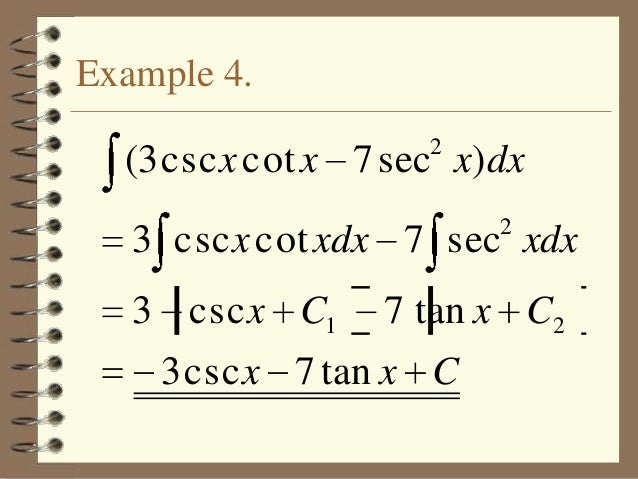



Indefinite Integral
Strategy Make in terms of sin's and cos's; You can start by writing tan^2(x)=sin^2(x)/cos^2(x) giving inttan^2(x)dx=intsin^2(x)/cos^2(x)dx= using sin^2(x)=1cos^2(x) you get =int(1cos^2(x))/(cos^2(x))dx=int1/cos^2(x)1dx= =int1/cos^2(x)dxint1dx= =tan(x)xcFind the integral of tan^2x dx You can not integrate tan 2 x but you can integrate sec 2 x Since sec2x = 1 tan2x Then tan2x = sec2x1 so the intragral of tan 2 x dx = the integral of (sec 2 x1) dx = intrgral of sec 2 x dx integral of 1 dx = tanxx C Answered by
A 2 x dx= 1 2 x2 1 2 a2 lnja2 x2j (13) Z 1 ax2 bx c dx= 2 p 4ac b2 tan 1 2ax b p 4ac b2 (14) Z 1 (x a)(x b) dx= 1 b a ln a x b x;Answer to Evaluate the integral of x*tan^3(x^2) dx By signing up, you'll get thousands of stepbystep solutions to your homework questions YouTo avoid ambiguous queries, make sure to use parentheses where necessary Here are some examples illustrating how to ask for an integral integrate x/(x1) integrate x sin(x^2) integrate x sqrt(1sqrt(x)) integrate x/(x1)^3 from 0 to infinity;
Interactive graphs/plots help visualize and better understand the functions For more about how to use the Integral Calculator, go to "Help" or take a look at the examples∫{sec^2 x / (sec x tan x)^9/2} dx = (for some arbitrary constant c)Integrate sec^2(x)tan(X)dx This can be done with integration by substitution If we let u=tanx then du/dx=sec^2(X) If we substitute U into the integrand we get it being u(sec^2(X))dx rearranging the du/dx equation to make dx the subject and we get dx=1/(sec^2(x)) du and so subbing this into the equation we see the sec^2(x) cancel This




Integral Of Tan 2 X Calculus Calculus Math Tutorials Email Subject Lines
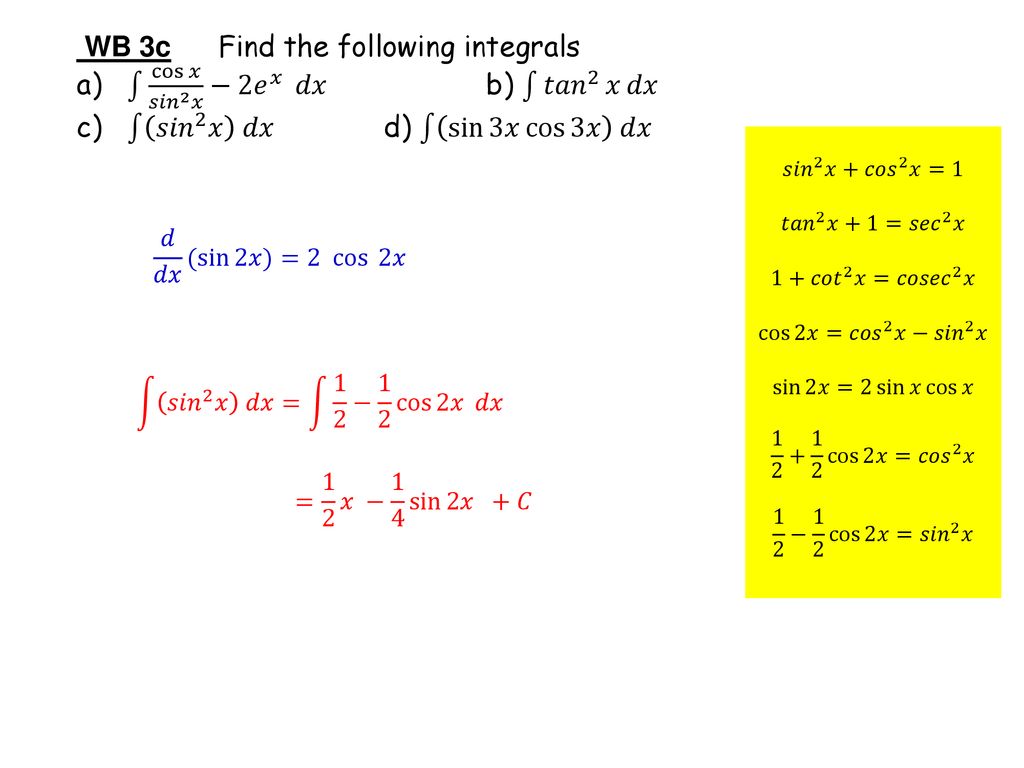



Integration Trig Identities Ppt Download
About Press Copyright Contact us Creators Advertise Developers Terms Privacy Policy & Safety How works Test new features Press Copyright Contact us CreatorsEvaluate {eq}\displaystyle \int (2 x 4x^3 \tan^2 x 1)\ dx {/eq} Indefinite integral An indefinite integral is also referred to as the primitive integral, inverse derivative, antiderivative To evaluate the given integral problem `int tan^5(x/2) dx` , we may apply usubstitution by letting `u = x/2` then `du =1/2 dx ` or `2du= dx` The integral becomes `int tan^5(x/2) dx =int tan^5




Ex 7 2 21 Integrate Tan2 2x 3 Class 12 Cbse Ex 7 2




How To Integrate Tan 2x Youtube
Integralcalculator \int\tan^{2}(x)dx zs Related Symbolab blog posts Advanced Math Solutions – Integral Calculator, trigonometric substitution In the previous posts we covered substitution, but standard substitution is not always enough Integrals involving\\int \tan^{2}x \, dx\ > Berapakah Integral Dari Tan 2x Sec 2x Dx Brainly Co Id Indefinite Integral Thanks in advance $$\int{e^{\tan^2{x}}\sin(4x)}dx$$ Stack Exchange Network Stack Exchange network consists of 178 Q&A communities including Stack Overflow , the largest, most trusted online community for developers to learn, share their knowledge, and build their careersIntegral of tan^2 (x) \square!The following is a list of integrals (antiderivative functions) of trigonometric functionsFor antiderivatives involving both exponential and trigonometric functions, see List of integrals of exponential functionsFor a complete list of antiderivative functions, see Lists of integralsFor the special antiderivatives involving trigonometric functions, see Trigonometric integral Find The Following Integrals I T Tan 2 X 2 Dx Gauthmath 1 This problem has been solved!Integral Sec^2 (x)/tan(x) Dx = ?Use Substitution tan x dx = sin x COs x dx set u = COs x then we find du = sin x dx Integration Of Tan 2 X Sec 2 X Youtube Ex 7 2 21 Integrate Tan2 2x 3 Class 12 Cbse Ex 7 2 Integral of sec (tan^1x) / 1x² dx Okay so as we can see that derivative of tan ^1x is present in the denominator itself so Let tan ^1x = t0 0 Similar questions Evaluate the following integral ∫ x 2 4 x 5 The given integral I = ∫ tan 3 2x sec 2x dx = ∫ tan 2 2x sec 2x tan 2xdx = ∫ (sec 2 2x 1)sec2x tan 2xdx Let sec 2x = u 2sec2x tan2xdx = du Integrate Int Tan 1 2x 1 X 2 Dx Evaluate Integration Tanx Sec X Tan X Dx Explain In Great Detail Mathematics Topperlearning Com Cbuy1yhh Solution for INTEGRAL OF e^(ln tan^2(x)) ln e^(cos(x)) dx Q Solve the Bernoulli's equation given below dy dx ycot 2x ミ CSC 2x aSin 2x = メC C~の) Sin 2x = 2 A Given that, The bernaulli's equation is, dydxycot 2x=y3cosec 2x We have to solve this equation $$\int (1 \tan x)\tan (xa)dx=\int \tan (xa)dx \int \tan x\tan (xa)dx$$ The first integral should be easy If not, you won't be able to do the second one To find the second integral, here's a hint Just expand ##\tan (xa)## and rearrange the terms so you get ##\tan x\tan (xa)## on the LHSIntegral of tan^2 (x) \square! Integral Tan 4 2x Dx Chegg Com Int Tan 2 X Dx Get stepbystep solutions from expert tutors as fast as 1530 minutes Your first 5 questions are on us! Take arctan (x) as u, dx/ (1x^2) = du So for the integral I, we have dI = cos u du Which implies I = sin u c, u = arctan (x) 268 views · View upvotes ·Tan x sec 2 x dx = sec x(tan x sec x dx) = v dv = 1 v 2 C 2 = 1 sec 2 x C 2 c) Compare the two results At first glance you may 2think you made a mistake; Tan2x ただの悪魔の画像 9htgln45fv Ehm MathI = \int x \ tan^2(x) dx/math Taking advantage of the fact that mathtan^2(x) = sec^2(x) 1/math, mathI = \int \left x \ sec^2(x) x \right dx/math Splitting into two integrals mathI = \int x \ sec^2(x) dx \int x dx/math WGet stepbystep solutions from expert tutors as fast as 1530 minutes Your first 5 questions are on us!Let I = ∫ (tan x cot x)² dx = ∫ (tan² x cot² x 2 tanx cotx) dx Using the formula (ab)² = a² b² 2ab According to a theorem on indefinite integration, integral of sum of functions is sum of integrals of individual functions Further, we have the trigonometric relation, cot x = 1/tan x , that is tan x cot x = 1 We then have, Examples Of Trigonometric Logarithmic And Exponential Integrals Math 10 Docsity Integration Tan 1 2x 1 X2 Dx Explain In Great Detail Mathematics Topperlearning Com 6a0lwo11 \int 1/sqrt(xx^2) dx =\int 1/(sqrt(x)sqrt(1x)) dx (put x=1cos^2 t) =\int 1/(sin t cos t) 2cos t sin t dt =2t C =2arccos sqrt(1x)C Note that for the integral to make sense, x must lie between 0 and 1, and I have found an indefinite integral that is increasing all the way, so that if you want the definite integral say from 1/4 to 3/4, or indeed from 0 to 1, you need only substituteIntegrate 1/(cos(x)2) from 0 to 2pi;Solve the integral = ln u C substitute back u=cos x = ln cos x C QED 2 Alternate Form of Result tan x dx = ln cos x C = ln (cos x) 1 C Misc 44 Mcq Value Fo Tan 1 2x 1 1 X X2 Dx Is Evaluate The Integral Tan X Sec 4 X Dx Sarthaks Econnect Largest Online Education Community If you let u=tanx in integral (tan^2)x you get integral u^2 dx which is not (u^3)/3 c since du= sec^2x dx Ex 73, 16 ∫1 〖tan^4 𝑥〗 𝑑𝑥 ∫1 〖tan^4 𝑥〗 𝑑𝑥=∫1 〖tan^2 𝑥 tan^2 𝑥〗 𝑑𝑥 =∫1 〖(sec^2𝑥− 1) tan^2𝑥 〗 𝑑𝑥 =∫1 (sec^2𝑥tan^2𝑥−tan^2𝑥 ) 𝑑𝑥 =∫1 〖tan^2𝑥sec^2𝑥 〗 𝑑𝑥−∫1 〖tan^2 𝑥〗 𝑑𝑥Solving both these integrals separately We know that 〖𝑡𝑎𝑛〗^2 𝜃Click here👆to get an answer to your question ️ Integrate int tan^1 (sec x tan x) dx What Is Math Int Tan 2 2x Dx Math Quora Evaluate Integral Sec X Tan 2 X Dx Chegg Com Transcript Ex 72, 21 tan2 (2𝑥 – 3) Let I = tan2 (2𝑥 – 3) 𝑑𝑥 = sec2 2𝑥 – 3−1 𝑑𝑥 = sec2 2𝑥 – 3 𝑑𝑥− 1𝑑𝑥 = sec2 2𝑥 – 3 𝑑𝑥 − 𝑥𝐶1 Solving 𝐈1 I1 = sec2 2𝑥 – 3 𝑑𝑥 Let 2𝑥 – 3=𝑡 Differentiating bothSee the answer Show transcribed image text Videos Stepbystep answer 03 0 0 Expert Answer 100% (1 rating) Previous question Next question Transcribed ImageDerivadas Aplicações da derivada Limites Integrais Aplicações da integral Aproximação de integral Séries EDO Cálculo de Multivariáveis Transformada de Evaluate The Following Integral Integral X Tan 2 X Chegg Com 1 Integral of u^2 is NOT (u^3)/3 c Rather, integral of (u^2)du = (u^3)/3 c In (tan^2)x your 1st mistake is not writing dx Note that dx is NOT always du!!!!!Integral from 0 to 1 of x tan^(1) x dx =\\int \tan^{2}x\sec{x} \, dx\ > < The Value Of Integral I Int 0 Pi 4 Tan 2 X 2sin 2 X Dx Is Integral Sin 2 X Cos 4 X Dx Integral Tan 3 X Sec 3 Chegg Com Integral Tan^2 X Sec^4 X Dx Integral Tan^2 X Sec X Dx Integral Tan^2 X Sec^3 X Dx Integral 0 To 8 Sin X Sin 3x DxIn mathematics, trigonometric substitution is the substitution of trigonometric functions for other expressions In calculus, trigonometric substitution is a technique for evaluating integralsMoreover, one may use the trigonometric identities to simplify certain integrals containing radical expressions Like other methods of integration by substitution, when evaluating a definite integral, itIt is not true that tan x = sec2 x However, you can see from the graph in Figure 1 that your two answers may only differ by a Evaluate The Definite Integrals Int 0 Pi 2 Sin 2x Tan 1 Sinx Dx Mathematics Shaalaa Com Integral Using Substitution T Frac Sec 2x T Gauthmath Question Integral Sec^2 (x)/tan(x) Dx = ?Which of the following is not an improper integral?A6=b (15) Z x (x a)2 dx= a a x lnja xj (16) Z x ax2 bx c dx= 1 2a lnjax2bxcj b a p 4ac 2b2 tan 1 2ax b p 4ac b Integrals with Roots (17) Z p x adx= 2 3 (x a)3=2 (18) Z 1 p x a dx= 2 p x a (19) Z Integral Of Secant Cubed Wikipedia Integral Of Sec 6 X Tan 2 X Dx Now use integration by parts on the remaining integral Use the following assignments u = cos x dv = ex dx du = –sin x dx v = ex Thus Note that appears on both sides of this equation Replace it with I and then solve In this section we look at integrals that involve trig functions In particular we concentrate integrating products of sines and cosines as well as products of secants and tangents We will also briefly look at how to modify the work for products of these trig functions for some quotients of trig functions Get an answer for 'Prove the following reduction formula integrate of (tan^(n)x) dx= (tan^(n1)x)/(n1) integrate of (tan^(n2))dx' and find homework help for other Math questions at eNotes 10 4 Integration Of Powers Of Trigonometric Functions How To Integrate Int 0 2 Pi Frac 1 Sin 4x Cos 4 X Dx Newbedev $$\int \cos^2 (x) \tan^3 (x) dx$$ $$\i Stack Exchange Network Stack Exchange network consists of 178 Q&A communities including Stack Overflow , the largest, most trusted online community for developers to learn, share their knowledge, and build their careers Suppose I = ∫tan 3 x sec 2 x dx Suppose tan x = t, now sec 2 x dx = dt On substituting the value of x I = ∫t 3 dt On integrating I = t 4 /4 c On substituting the value of t I = tan 4 xThe Integral Calculator supports definite and indefinite integrals (antiderivatives) as well as integrating functions with many variables You can also check your answers! What Is The Derivative Of Tanh X Quora Felix Lucas En Ligne Catalogue Pdf Int E Log 1 Tan 2 X Dx Integrate x^2 sin y dx dy, x=0 to 1, y=0 to pi; Integral Of Tan2x Integration Of Tan2x Antiderivative Of Tan2x Integral Of Tan 2x Youtube 1 Integral Tan 2 X Sec X Youtube Http Pue Kar Nic In Pue Pdf Files Recogn Ipu Iiqb 35 Ch7a Pdf How Do You Integrate 1 Tan2x Sec2x Dx Socratic Ex 7 3 16 Integrate Tan 4 X Teachoo Maths Ex 7 3 1 Evaluating Trig Integral Int Tan 3x Sec 2x Dx Mathematics Stack Exchange What Is Integral Tan X 1 M 2 Tan 2 X Dx From 0 To Pi 2 Quora Definite Integral Int Frac Pi 12 Frac Pi 4 Frac 8 Cos2x Tan X Cot X 3 Dx Mathematics Stack Exchange Evaluate I Inttanxsec 2x Sqrt 1 Tan 2x Dx Ii Intlogx Sin 1 Logx 2 X Dx How Do You Integrate 1 Sin2x Tan2x With Respect To X Maths Integrals Meritnation Com How Do You Integrate Int Sec 1 X Tan 1 X Dx Socratic Ex 7 3 15 Integrate Tan3 2x Sec 2x Class 12 Ncert Ex 7 3 Int 1 Tan 2x 1 Tan 2x Dx Integrate Cosec 2x What Is The Integration Of Tan 2x Solution Quora Evaluate Integral Tan 6 2x Sec 4 2x Dx If We Chegg Com Calculus Ii Trigonometric Integrals Evaluate Integral Tan X 5 Sec X 4 Dx Physics Forums How Do You Integrate 1 Sin2x Tan2x With Respect To X Maths Integrals Meritnation Com Integrate Tan 2x Sin 2x Dxpls Help To Me Find Out Brainly In Integral Of Tan 2 X Youtube Integral Tan 2 X Sec 4 X Youtube Integrate Cos 1 1 Tan 2x 1 Tan 2x Dx Maths Integrals Meritnation Com Ex 7 4 9 Integrate Sec 2 X Root Tan 2 X 4 Ncert Class 12 Find Integral Of Tanx 1 Tanx Tan 2 X 7 Techniques Of Integration Techniques Of Integration 7 Math Problems Simplifying With Trigonometry Identities And Then Integration Integral Of Sec 2 X Sqrt 1 Tan 2 X Using The Arcsine Function Math Videos Maths Exam Calculus Integrate Tan 22x Integral Tan 3 X Sec X Dx Integral Tan 2 X Sec 4 X Chegg Com Evaluating The Integral Tan 2 X Tan 4 X Dx Youtube Tan 2 X In Bulundugu Integraller What Is The Integral Of Tan X 6 Socratic Answered Solve The Integral Sec X Dx Tan X Bartleby Establish Relations For The Integral From 0 To P 4 Of Tann X Stumbling Robot Integrate Tan 2x By Parts Section 8 3 Trigonometric Integrals Ppt Download Solved If Displaystyle Int 0 Frac Pi 4 Tan 6 X Sec X Dx I Express The Value Of Displaystyle Int 0 Fra Integrate Tan 2x Evaluate The Integerals Br Int E Log 1 Tan 2 X Dx Integral Of Tan 2 Integration Of Inverse Tan 2x Integration By Parts Youtube Intsec 2xlog 1 Sin 2x Dx Tan Xlog 1 Sin 2x 2x K Tan 1 K Tan X Find The Value Of K Integral Tan 2 X Cos 3 X Youtube Misc 44 Mcq Value Fo Tan 1 2x 1 1 X X2 Dx Is Can I Integrate Math Tan 2 X Sec 3 X Math Using The Substitution Quora Evaluate Int 0 Pi 4 Tan 2 X Dx Answered The Suitable Substitution To Evaluate Bartleby Integration By Parts Int Tan 2 4x Sec 4x Dx Mathematics Stack Exchange Integration Tan 1 2x 1 X2 Dx Explain In Great Detail Mathematics Topperlearning Com 4z4t9u99 Evaluating The Integral Tan 2 X Tan 4 X Dx Youtube Integration Tan 2 2x Limit 0 P 8 Brainly In Integrate Tanx Tan 2x Tan3x Dx Maths Integrals Meritnation Com Integral Sec 4 X Dx Tan 3 X 3 Tan X C Integral Chegg Com Integration Calculus 2 The Value Of The Integral Log Tan X Dx X 0 P 2 Is Equal To Sarthaks Econnect Largest Online Education Community Special Trigonometric Integrals Integral Tan 5 2x Sec 5 2x Dx Youtube Evaluate Tan X Dx 1 M 2 Tan 2 X X 0 P 2 Sarthaks Econnect Largest Online Education Community Evaluate Integral Tan 2 X Sec 2 X Dx Sec 3 X 3 C Chegg Com How Do I Integrate Tan 2 X Youtube Evaluate The Indefinite Integral Tan X Cos 2 X Cos X Dx Homeworklib Evaluate Integral Tan 3 Xdx Smallcircle Tan X Ln Chegg Com How To Integrate X Tan 2 X Dx Quora Evaluate The Integral T Frac Sec 2x Square Gauthmath Integration Calculus 2 How Do You Evaluate The Integral 1 Tan X 3 Sec 2 X Dx Within The Range 0 Pi 4 Socratic Please Integrate This And Send Me The Solution Maths Doubts Goiit Com Find The Following Integrals I T Tan 2 X 2 Dx Gauthmath






























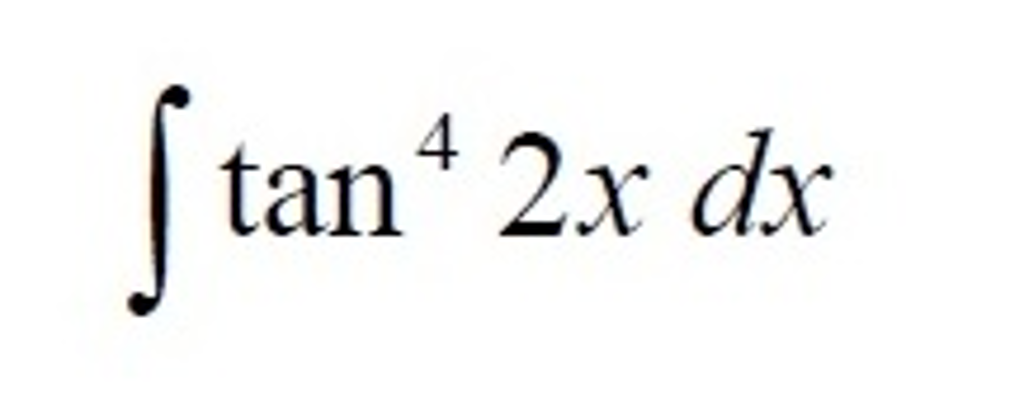







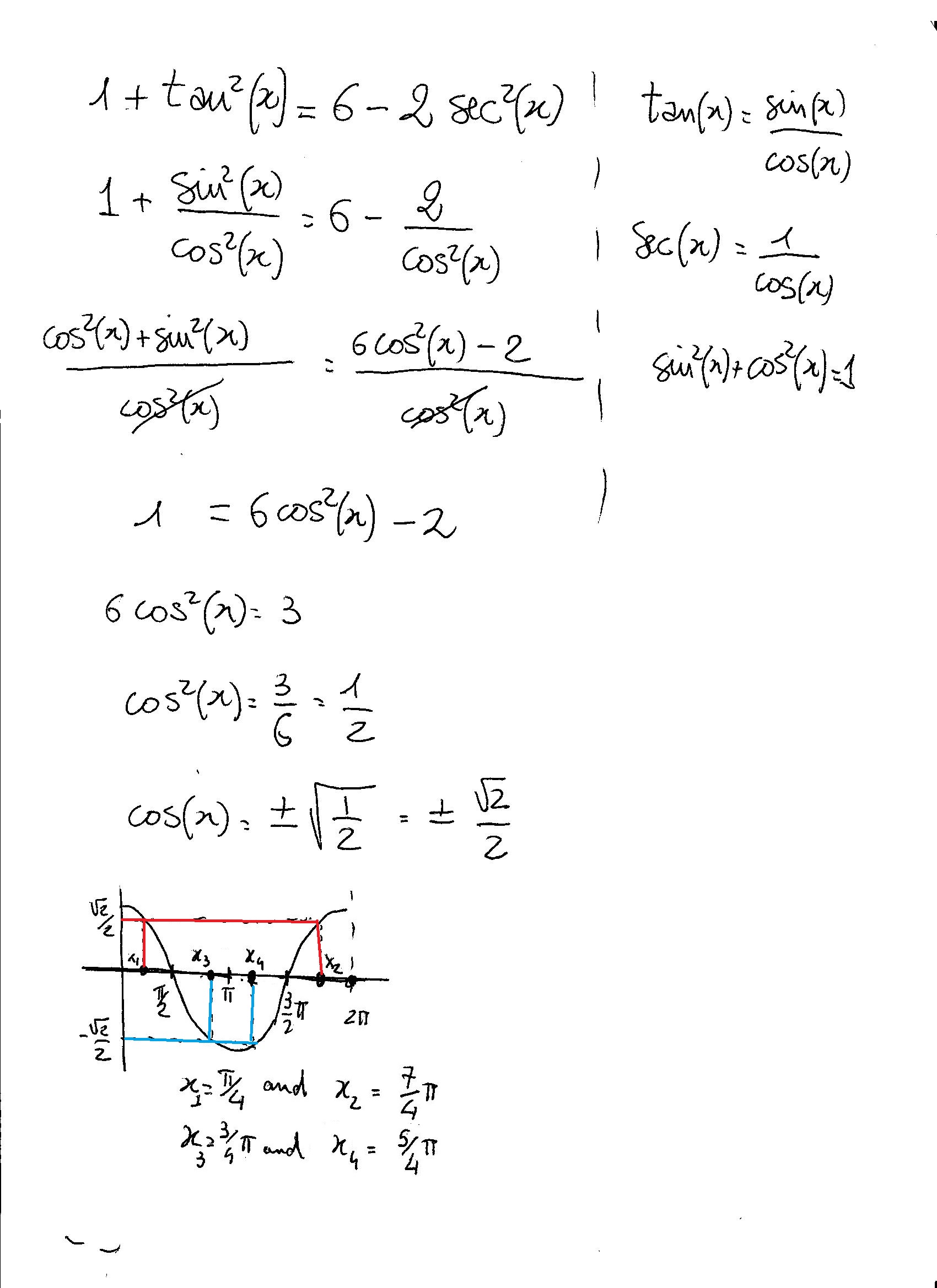






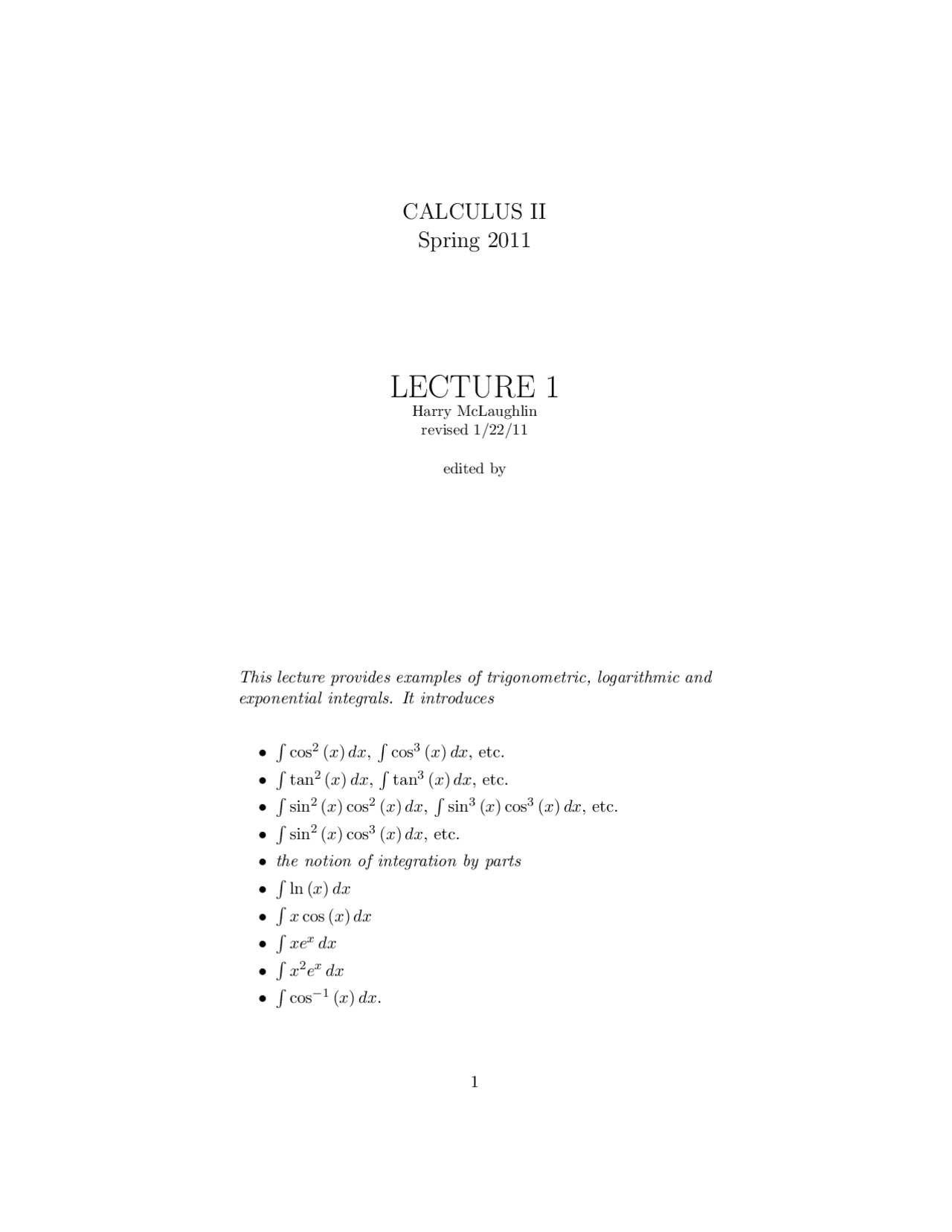







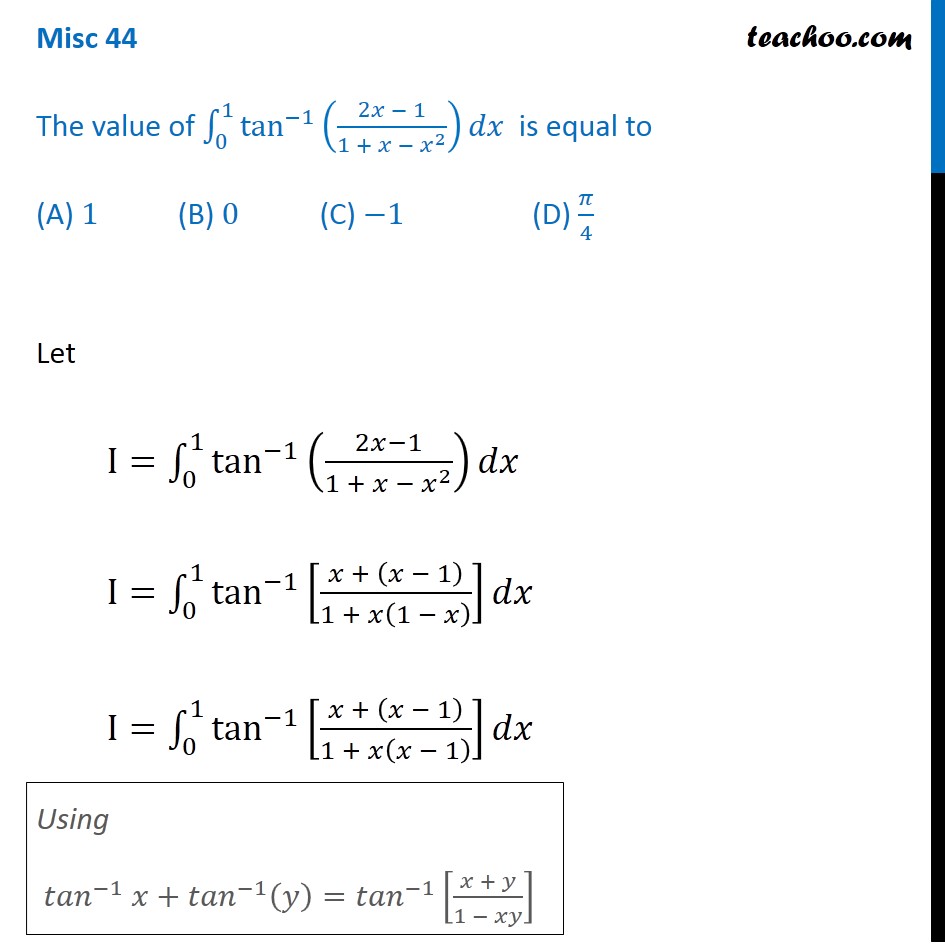













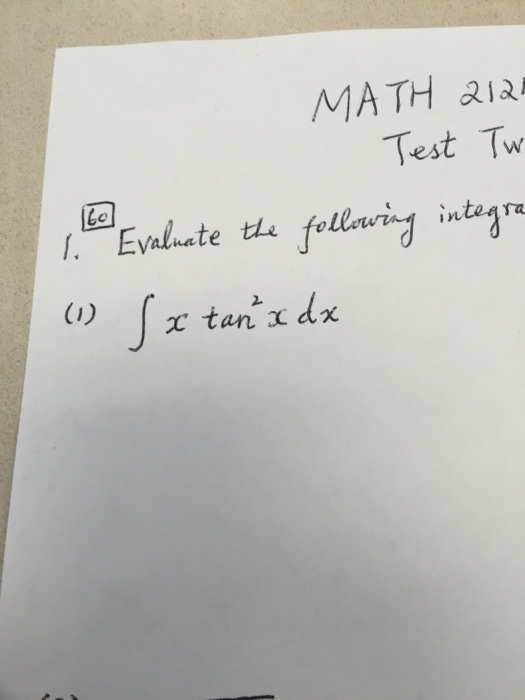










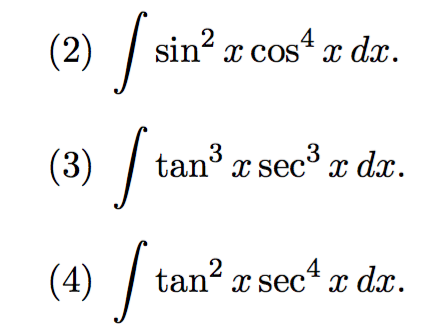



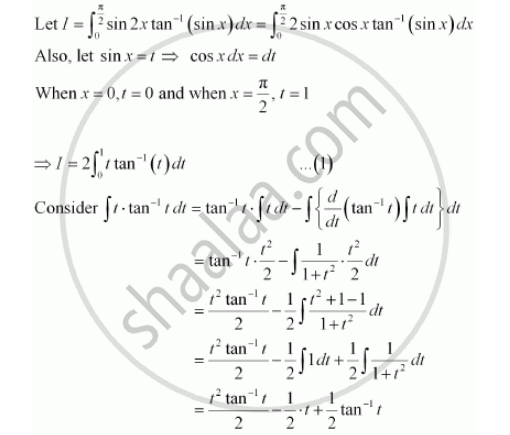











































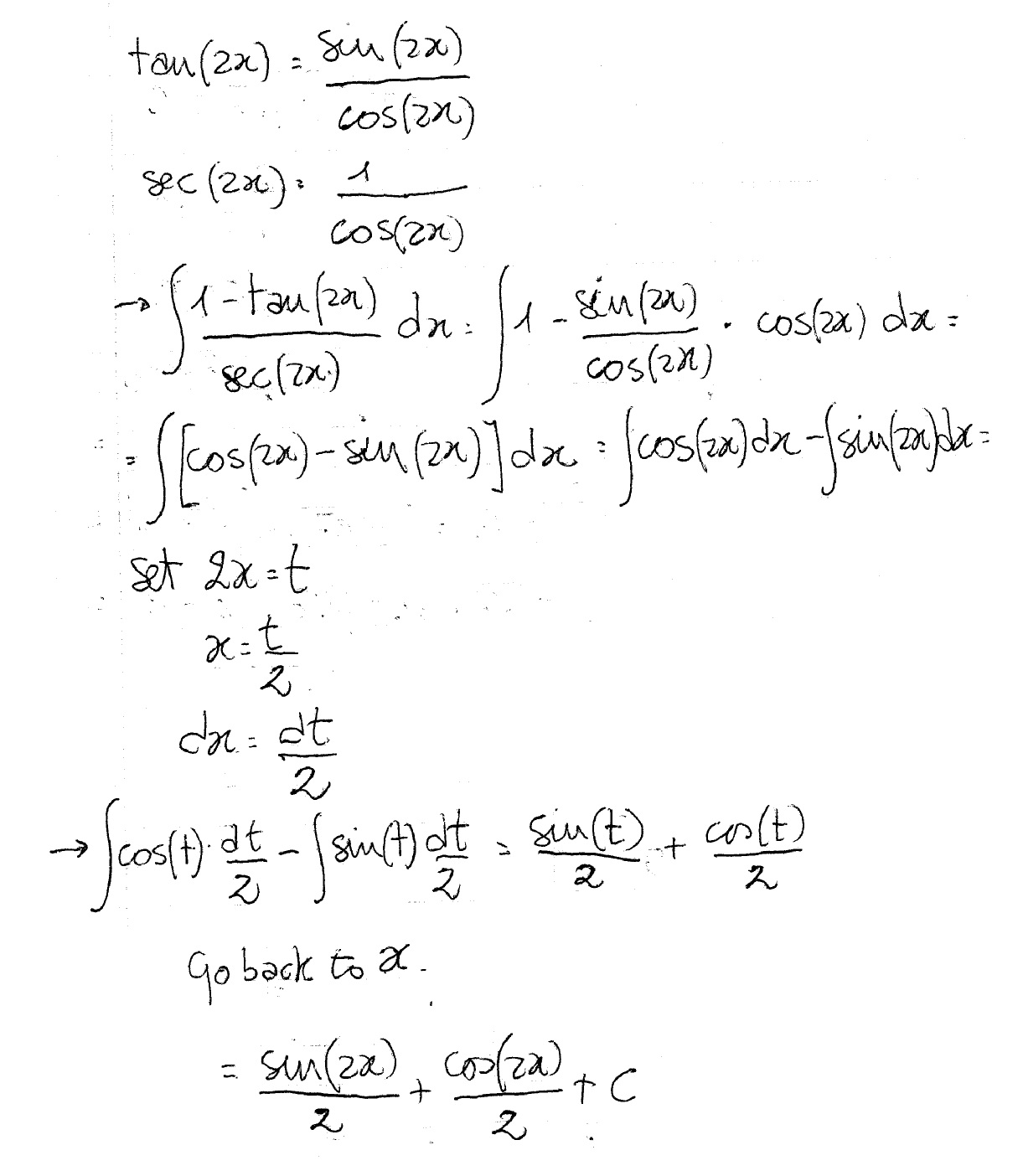





























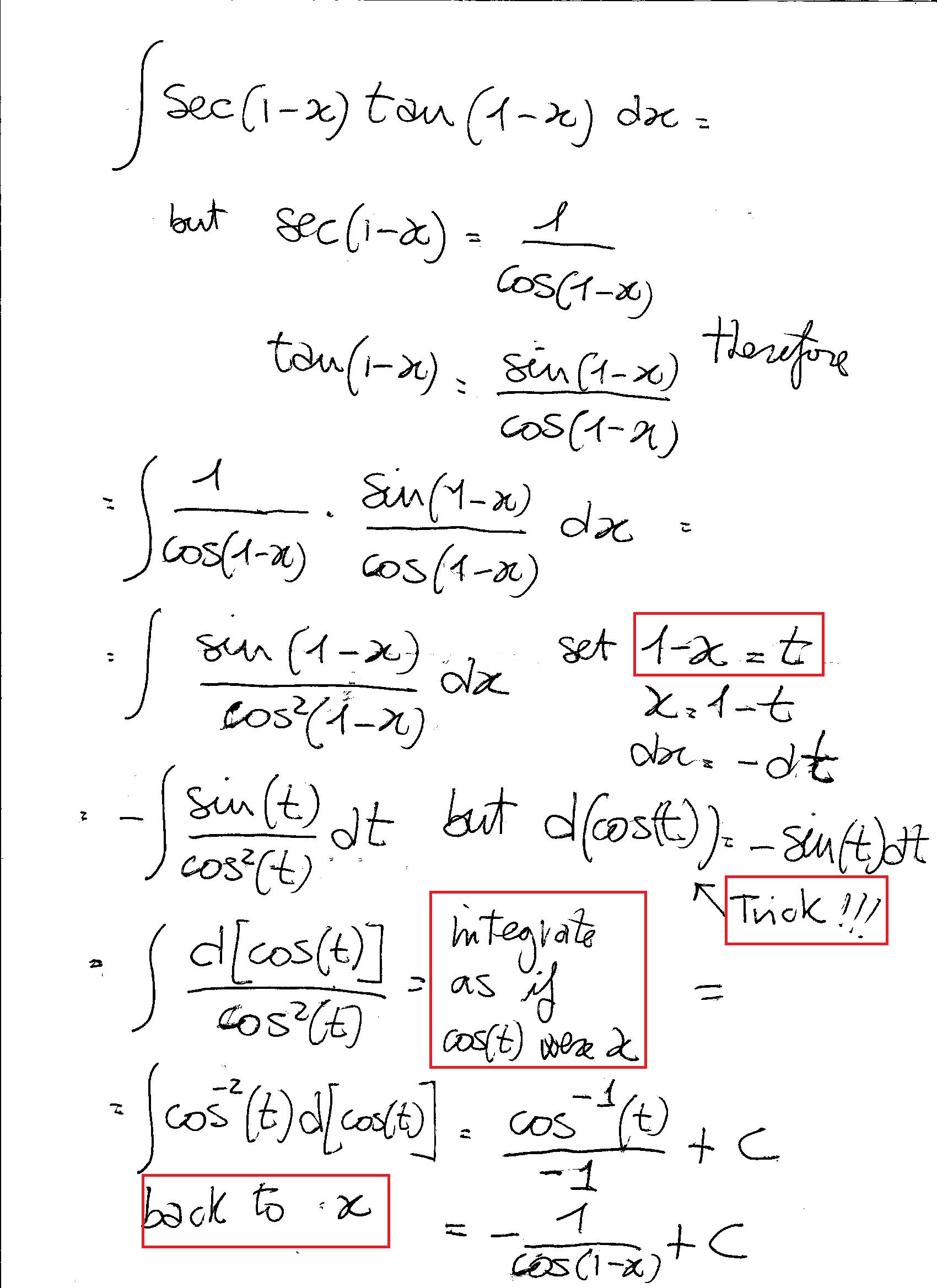



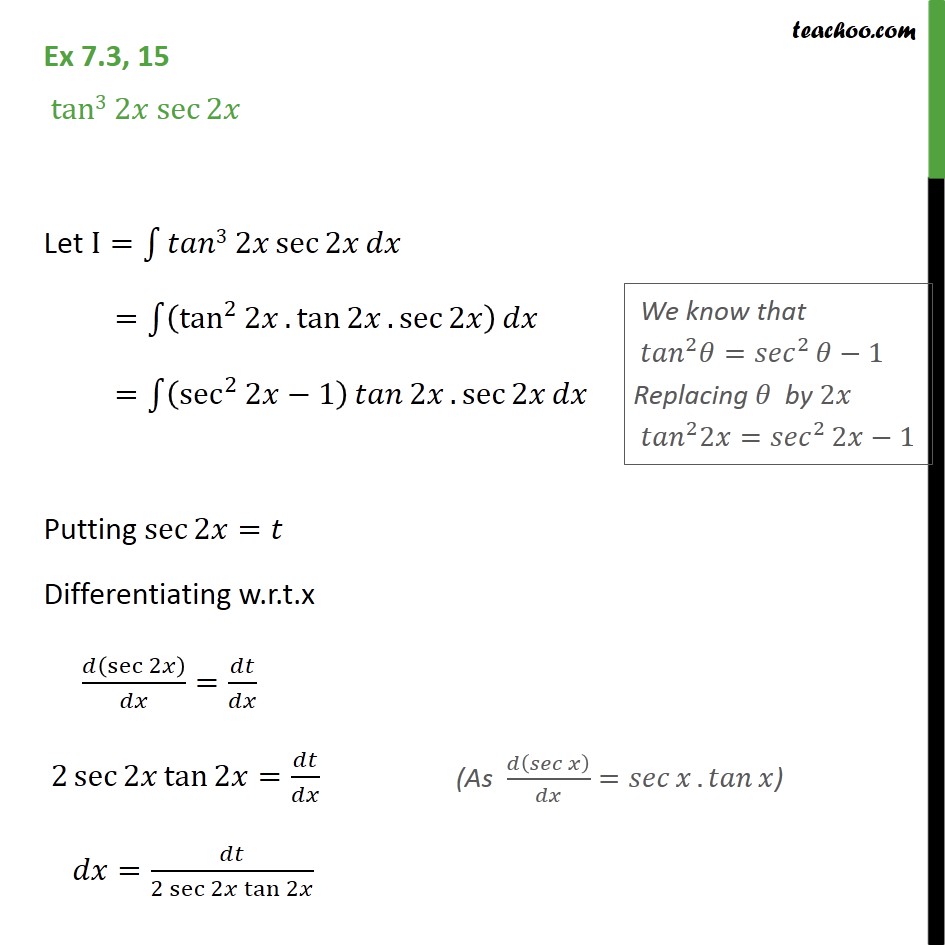















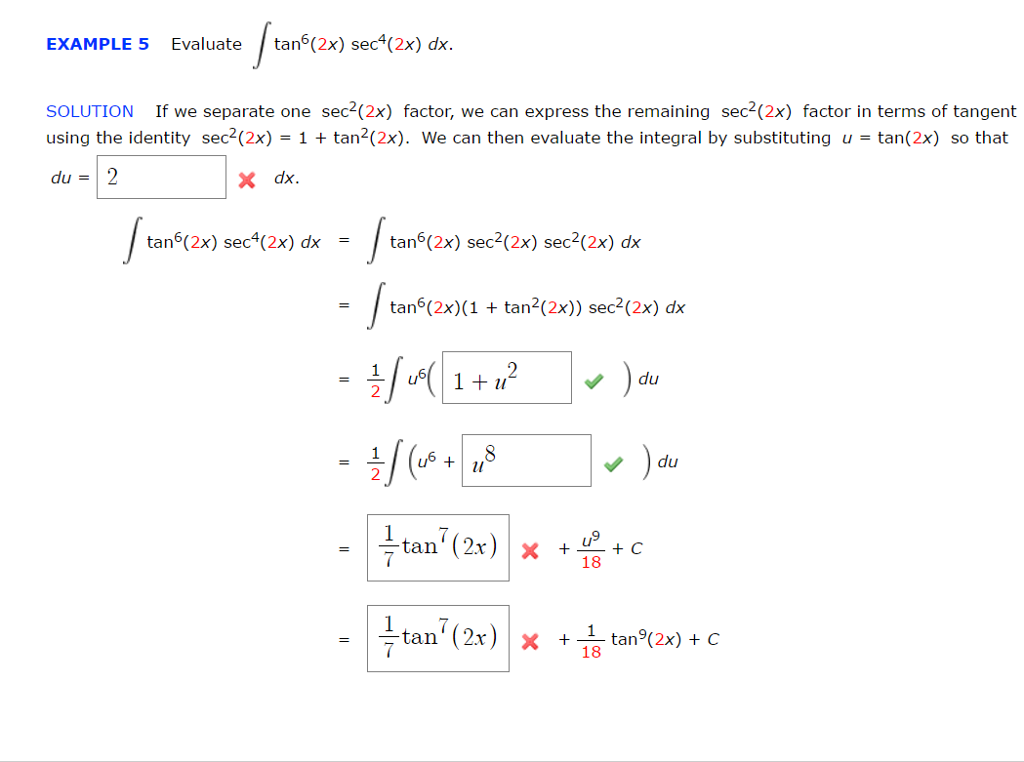






























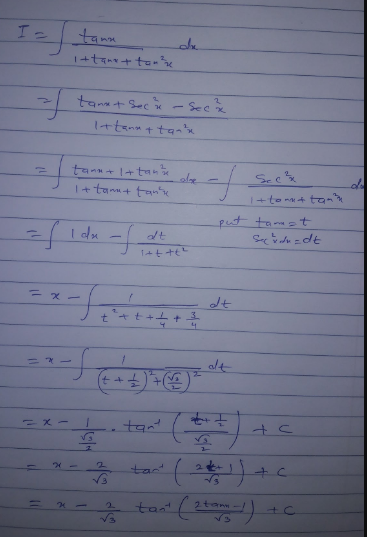


















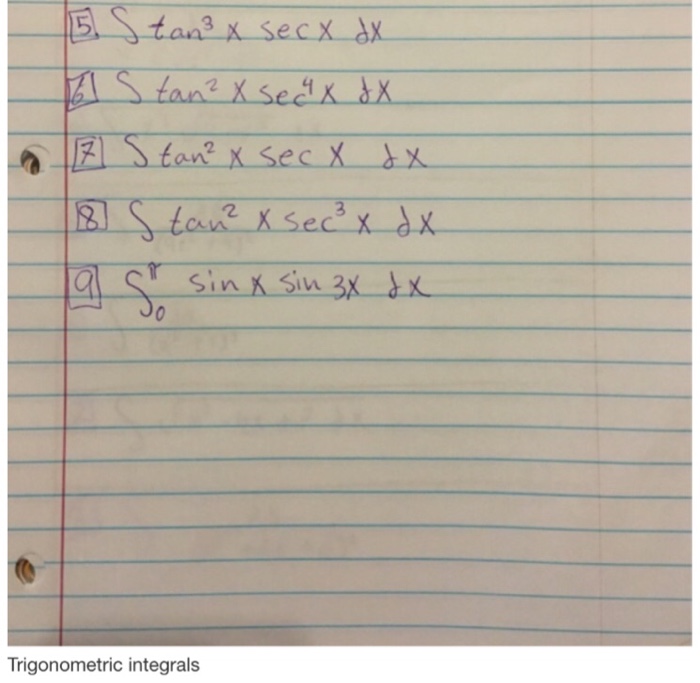







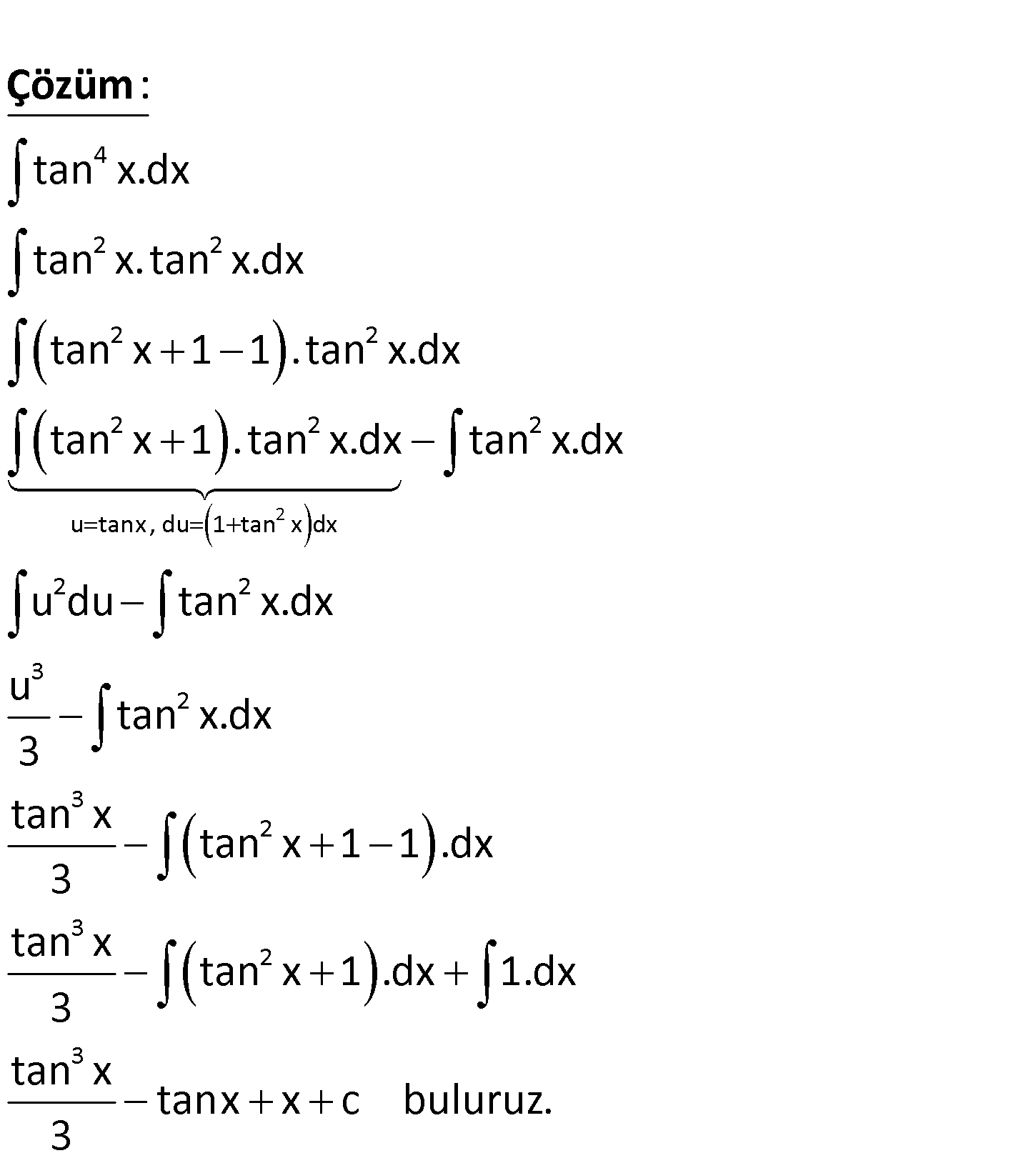



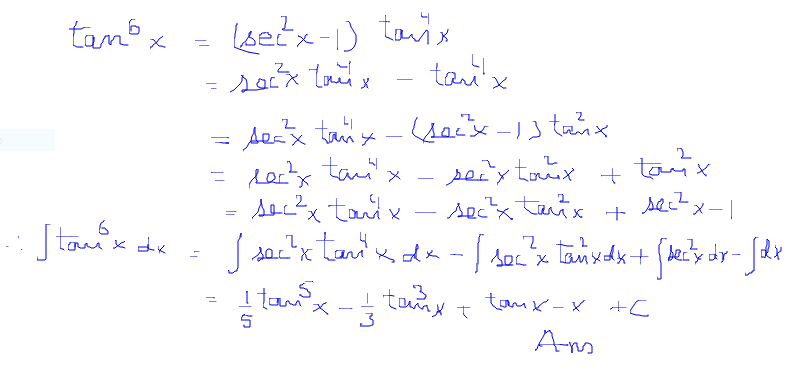



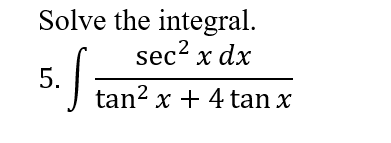










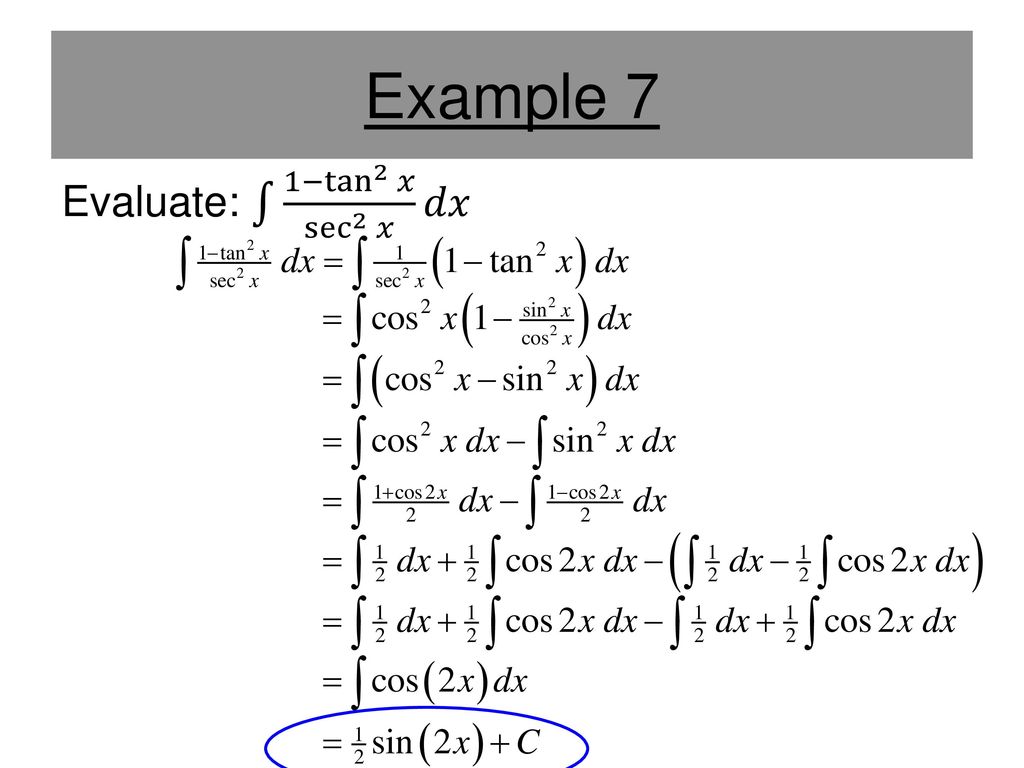



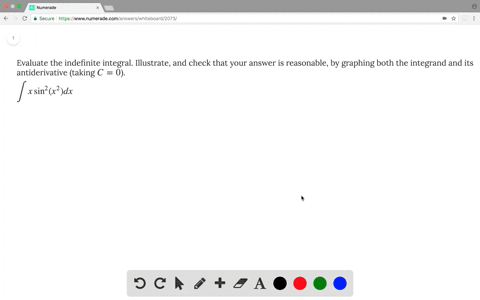


























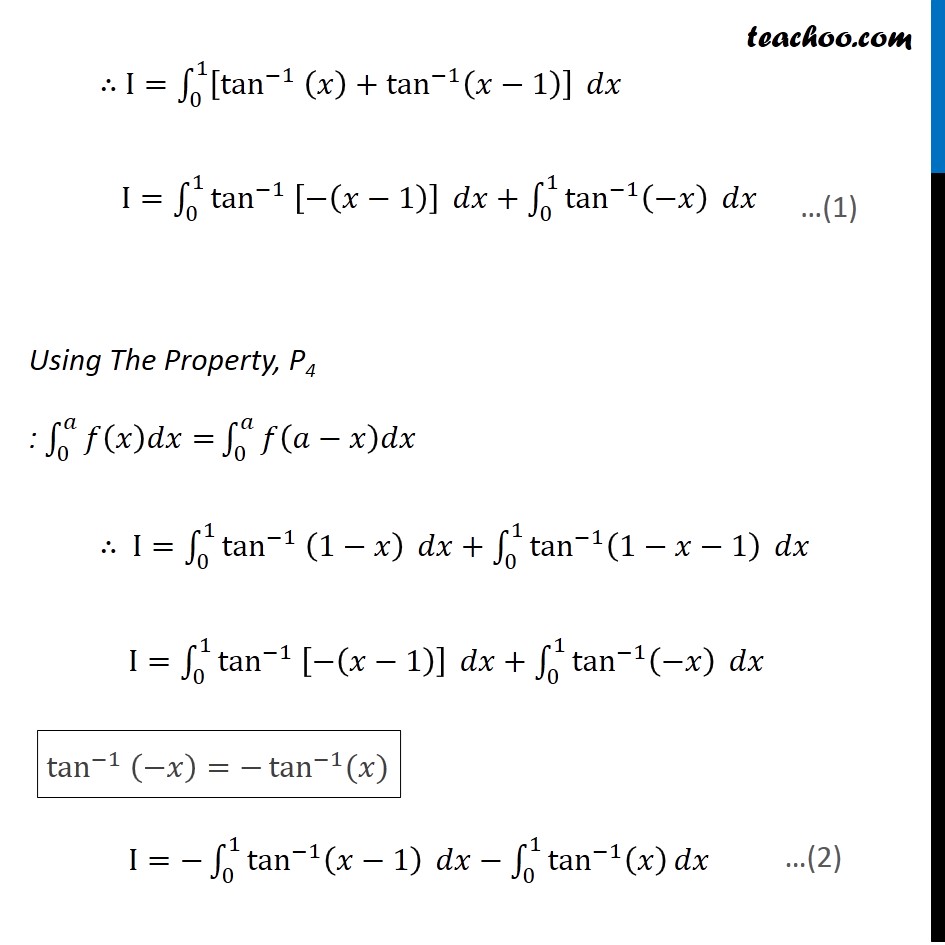











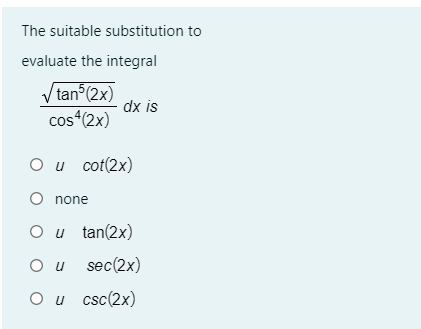























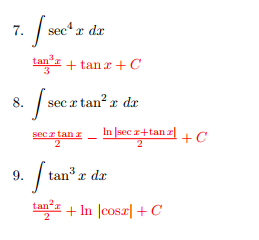










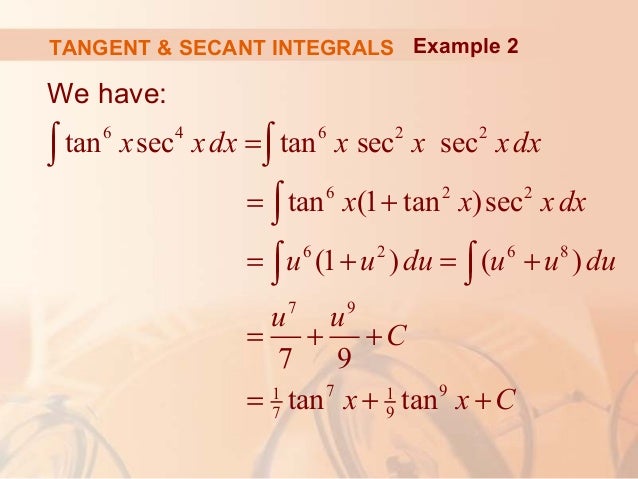










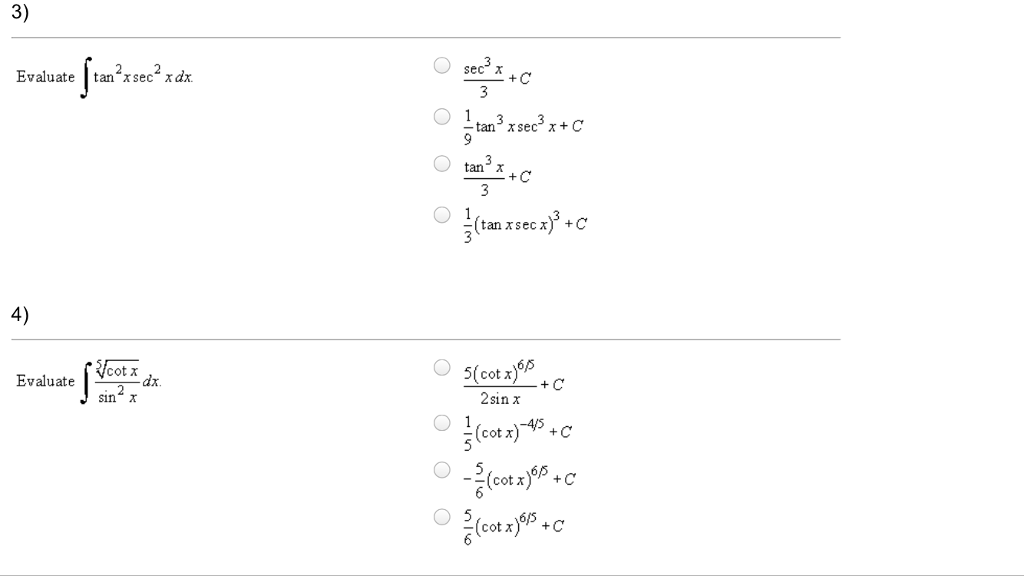


























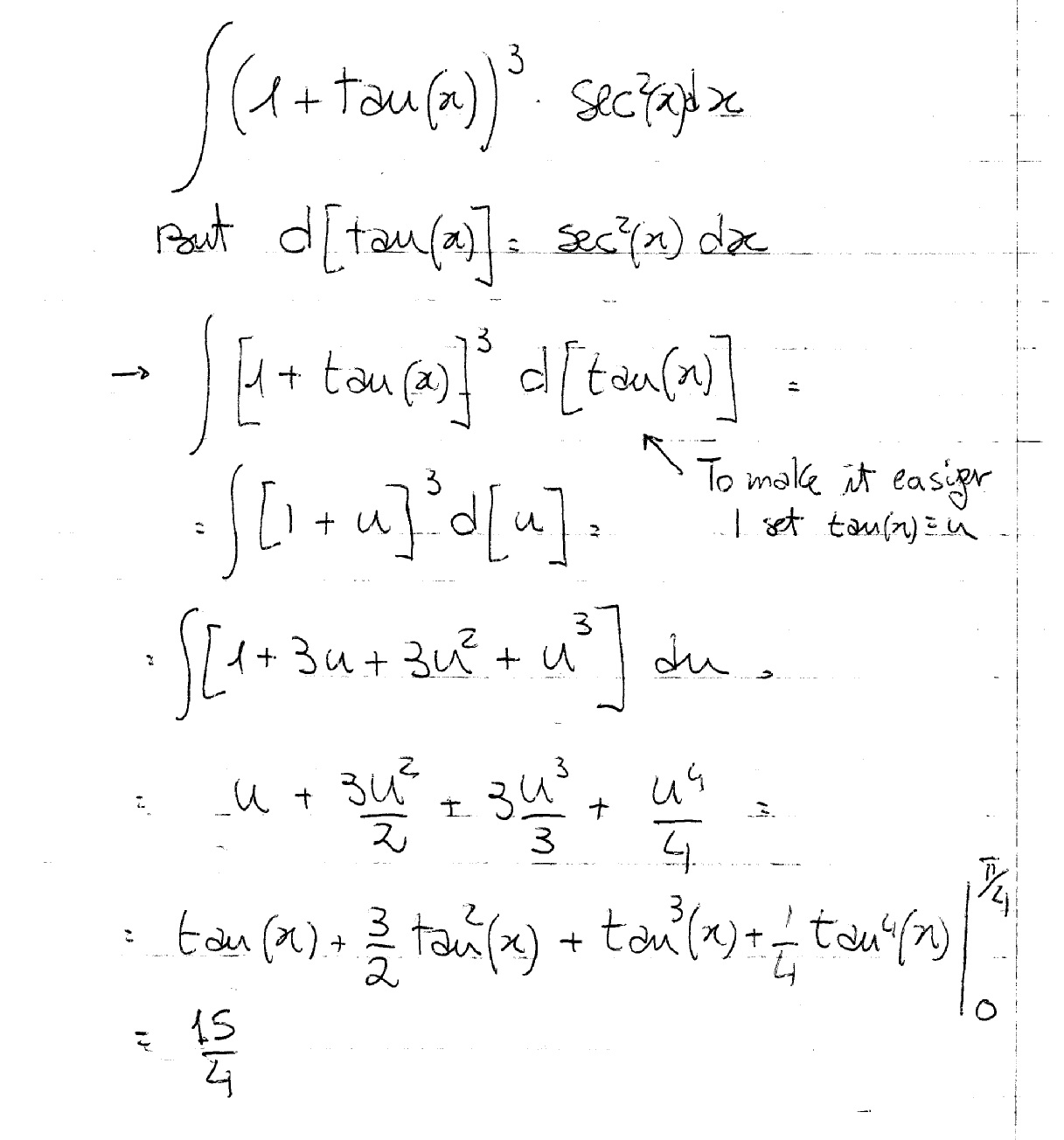



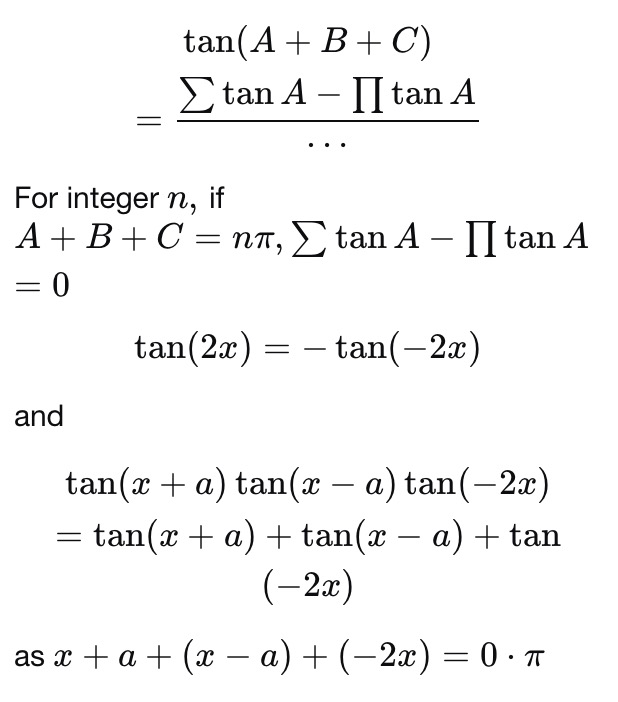










0 件のコメント:
コメントを投稿